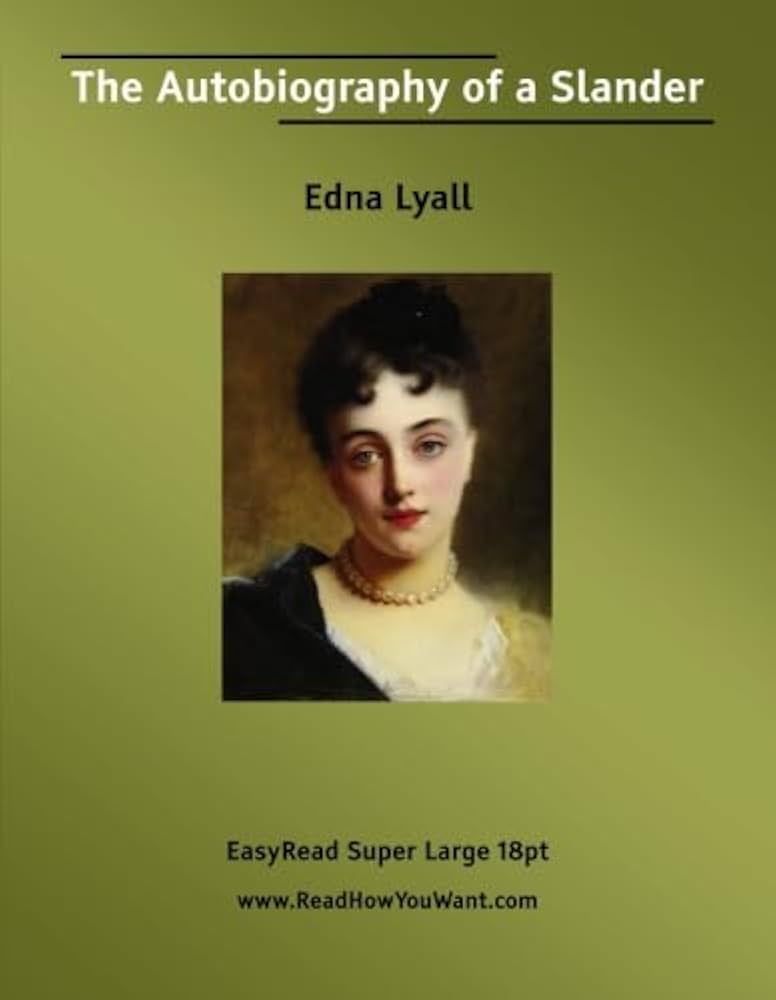My Fourth Stage
byMy Fourth Stage unspools in the carefully curated world of Mrs. Milton-Cleave, a woman who thrives on appearances and subtle manipulation. Known for her tasteful luncheons and careful conversation, she moves through her day with a practiced grace that conceals her desire to influence those around her. That day, her mind lingers not on her usual preoccupations but on a passing moment she witnessed—Gertrude Morley and Sigismund Zaluski walking together in the garden, absorbed in each other’s company. The casual closeness of their interaction unsettled her, not because she disapproved of affection, but because Zaluski remained, in her mind, an enigma cloaked in foreign charm and quiet mystery. A part of her resisted trusting anyone she could not neatly categorize.
As the evening wears on and the house settles into silence, Mrs. Milton-Cleave finds herself still turning the moment over in her mind. Her husband reads quietly by the fire, indifferent to her quiet pacing, while their son half-listens to the ticking of the drawing room clock. She pretends to be engaged with embroidery, but her attention remains fixed on the conversation she imagines Gertrude and Zaluski might have shared. Driven by a vague but persistent sense of duty—or perhaps by vanity dressed as concern—she retrieves her writing case. The glow of the lamp flickers over her expression as she begins her letter, addressed to the ever-inquisitive Mrs. Selldon.
The note begins with harmless commentary: a description of the luncheon, updates on mutual acquaintances, and her thoughts on the current season’s social calendar. But beneath the polished surface, the real purpose of the letter begins to bloom. In a subtle shift, she pivots to her observations of Gertrude, phrased carefully as admiration tinged with worry. Then, with a deliberate transition, she brings up Mr. Zaluski—never accusing outright, but layering doubts and insinuations between polite phrases. Her tone is measured but unmistakable: Zaluski, though courteous and well-mannered, might not be what he seems.
What follows is a careful recounting of what she claims to have “heard” in passing—rumors of Zaluski’s supposed affiliations with dangerous ideologies and clandestine societies. She writes of his rumored atheism, his supposed views on relationships that deviate from tradition, and even, most alarmingly, a whisper of his connection to political unrest in Europe. She couches these allegations in disclaimers, noting she cannot confirm them, but “felt it right to mention them.” That caveat allows her to appear responsible rather than malicious. In reality, the effect is far more corrosive.
Mrs. Milton-Cleave’s letter, once signed and sealed, carries not just ink and speculation but a deeper longing—to be a voice that matters. She has long watched herself fade from the center of conversations, edged out by younger, more engaging women. But by casting doubt on Zaluski’s character, she inserts herself once again into the unfolding narrative of her social world. Through that letter, she becomes not just an observer but a guide, a gatekeeper of cautionary tales.
The tragedy, of course, lies in the ease with which her private speculations are delivered as potential truths. Once written, the letter slips beyond her control, a spark carried by the wind, ready to ignite where it lands. Her intentions may not be purely malicious, but they are rooted in self-interest—driven by the need to remain relevant, to be heeded, to matter.
What Mrs. Milton-Cleave does not realize is how fragile the reputations of others can be, and how easily they can crumble under the weight of unproven claims. Zaluski, unaware of the conversation now circling in parlors and over tea, remains exposed to a quiet storm he cannot prepare for. Gertrude, still basking in the warmth of early affection, has no inkling that her name is already being tethered to speculation and fear.
This stage of the slander’s journey is not loud. It doesn’t shout, accuse, or demand attention. Instead, it hums in the background—just one letter, one voice of concern among many. But it is precisely this quiet insidiousness that gives the slander its power. Because the people who speak in whispers often wield the sharpest knives, and the most dangerous damage is done with a smile and a signature.

